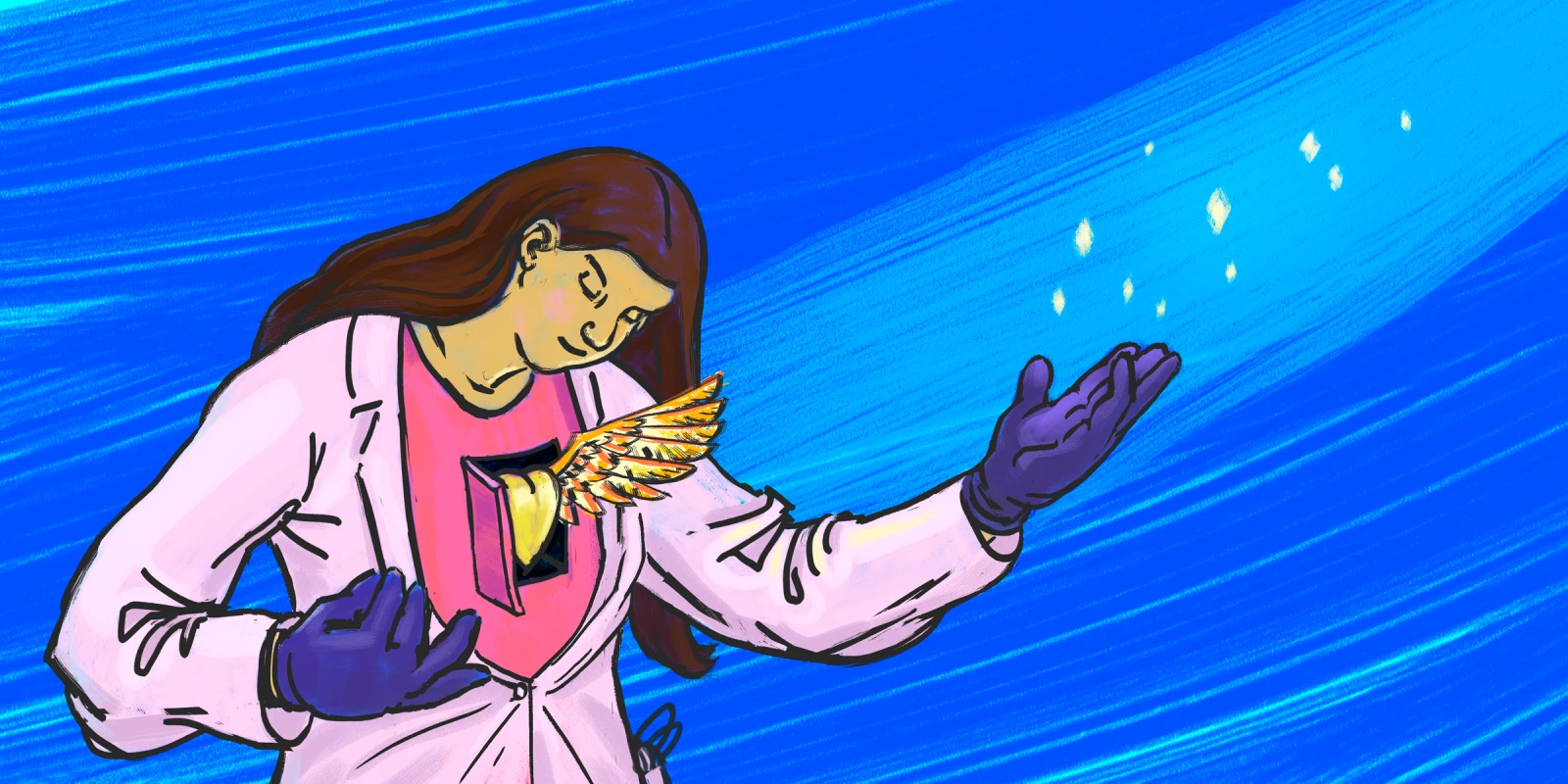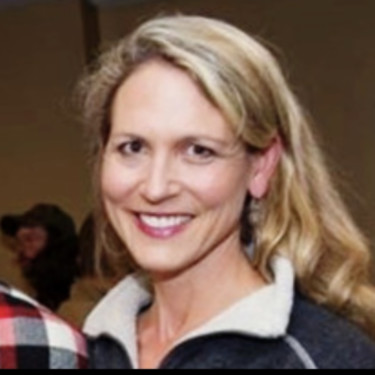Few of us in medicine are comfortable with vulnerability, and I am no exception. I’ve seen both sides of sharing my vulnerability with others as a family physician and as a leader. On the one hand, disclosure of one’s own vulnerabilities can be very helpful when it comes to building trust with patients and teams. On the other, it can be inappropriate during patient encounters and perceived as unprofessional, particularly when we spend more time discussing our own experiences than validating those of our patients. Further, stated vulnerability can be weaponized by colleagues who seek to exploit perceived weaknesses. Given the complexity of its application, it is worth exploring vulnerability further in the practice of medicine.
The concept of vulnerability can be viewed through many lenses, and has been widely explored in both academic and popular literature. Whether described from a standpoint of moral philosophy or political analysis, one thing that unites the scholarship is that vulnerability is unavoidable. In a 2016 paper about vulnerability in the medical context, the authors explain that “We all, both collectively and individually, must respond to the shared vulnerability that infuses the human condition.”
Unfortunately, our medical training does not address shared vulnerability to any significant extent. As someone who has experienced and witnessed vulnerability throughout my career in medicine, I believe this should change.
The Importance of Acknowledging Our Vulnerability to Our Patients
Although we learn about patients and their vulnerabilities, we are less likely to reflect on our own vulnerability, and to explore ways of maintaining balance when faced with challenging circumstances. As practitioners, our focus is on the physical and emotional vulnerability of those who sit on our examining tables or lie in our hospital beds. Given our role, this is an appropriate focus.
For some, acknowledging our vulnerability to our patients may be construed as crossing a professional boundary. Boundaries are important in medicine; they keep us from taking advantage of patients, who are unwittingly placed in a position of dependence when they cross the health care threshold. Although we may feel that we are connecting with patients by sharing our own stories, it is a delicate balance. We would never want to overshadow a patient experience, or cause them to feel as if they need to help us process our own emotions, by ‘oversharing’ about our own experiences during a patient encounter. Maintaining clear boundaries also provides a measure of objectivity which enables us to continue work that may be ethically complex or emotionally fraught. When we bring up a personal experience during a patient encounter, the patient may feel as if they are meant to make decisions based on the decisions we’ve made for ourselves, rather than make the right decisions for their situation.
At the same time, when we acknowledge our vulnerability in an appropriate way, our patients see us as relatable and trustworthy. We can more easily create the bond that is needed for a collaborative therapeutic relationship. With this bond, our patients are more likely to listen to our insights, and agree to a course of treatment — or a behavior change — that may ultimately be beneficial.
I saw this happen firsthand when I was diagnosed with breast cancer. I remember one of my first days back seeing patients following my surgery, sitting with a similarly aged young woman who had also chosen a bilateral mastectomy as part of her treatment plan. When she expressed her sadness over the loss of her breasts, and her fear of the cancer recurring, I felt as if I was looking in a mirror. After validating her struggle, I shared that I had recently been through something similar. She later told me that my willingness to let her know this had lessened her fear and sense of isolation as she considered her future health.
The Importance of Acknowledging Our Vulnerability with Our Colleagues
While it may not always be possible, or advisable, to bring our own illness narratives into conversations with patients, acknowledging our vulnerability with colleagues is necessary at times. Most of us who practiced medicine during COVID-19 understood this well. Driving the largely deserted highway to work while most of the world was in lockdown, I gained strength from the knowledge that I was an essential worker, and that my job was to push through the uncertainty and fear in the company of others with the same emotions. Most of us in health care understand that we are human, and that we are subject to the same physical and emotional challenges as all other humans.
At the same time, acknowledging vulnerability has historically proven risky in the professional setting. Physicians have a reputation for being high-achieving and competitive. When we admit to making mistakes or feeling conflicted about our choices, this information has the potential to be used against us. Peer review is one example. In 1952, the Joint Commission began requiring peer review at hospitals as a means of improving the quality of care. Many high profile cases of bad faith and sham reviews subsequently came to light, before the peer review process was modified to become more transparent and equitable in most institutions. Given that improperly performed peer reviews can have a long-term negative impact on practitioner livelihood and well-being, it is little wonder that we may still feel uncomfortable admitting to being anything less than perfect.
Despite this, I would rather take the chance and engage with colleagues in a more authentic manner than pretend that I am a superhuman omniscient being, either professionally or personally. As a writer for a recent Harvard Business Review article put it, “We’ve learned that leaders who create the space for true vulnerability build psychologically safe work environments in which people feel welcome to be themselves.” After a recent incident of mass violence in our state (Maine), our hospital system CEO encouraged our senior leadership team (and by extension, others with whom we work) to be open to sharing our feelings. While nobody took him up on his offer at the time, this invitation was nonetheless welcomed by many of us in the room that day.
Whether or not we are comfortable acknowledging our vulnerability with our patients or colleagues, it is there. The first time I experienced a heightened sense of vulnerability during medical training was when I was pregnant with (and a new mother to) each of my three children. It was impossible to avoid evidence of life’s fragility when walking the obstetrical and pediatric floors. I attended the birth of a baby who shared the same gestational age as my own unborn baby — except that this little girl’s heart had long ago stopped beating. Similarly, I cared for a toddler who ended up with seizures and permanent deafness due to viral meningitis, while my own toddlers remained unscathed by the infectious contagions of daycare. Through the years, I’ve remained aware that my white coat is an ineffectual coat of armor against the inevitabilities of the human condition, and that I’m not immune to feeling my patients’ pain — if only as a bystander.
Ultimately, the value of vulnerability lies in reminding us that we are human, and that we can choose to show up and help other humans, no matter how difficult or complex this process may be. Given that we are inextricably linked to the communities in which we offer care, and the patients who trust us with their health, we must have the courage to try.
Have you ever opened up to a patient about your own personal or health struggles? What was their reaction? Share in the comments!
Dr. Lisa Belisle is a family physician and associate chief medical officer with a rural Maine health care system. She loves running the wooded trails on the island where she lives, and boating the nearby waters with her husband and their six grown children. Watch her weekly video podcast on radiomaine.com. Dr. Belisle is a 2023–2024 Doximity Op-Med Fellow.
Illustration by Jennifer Bogartz







